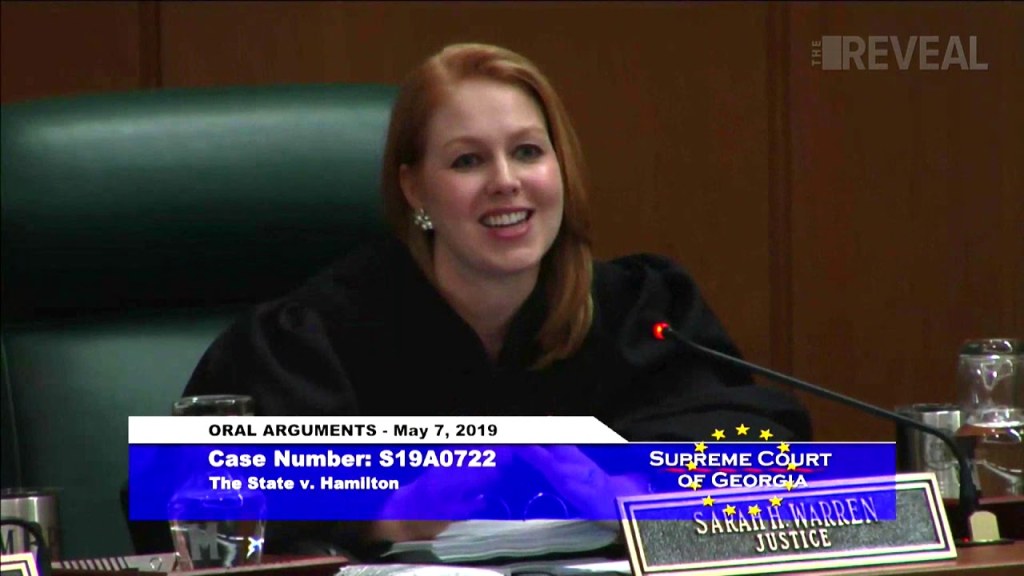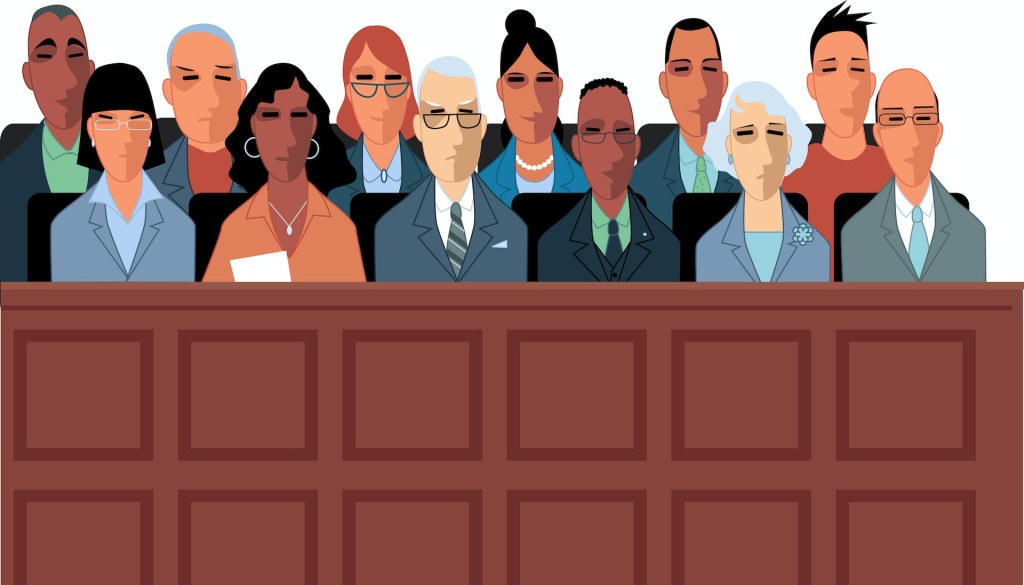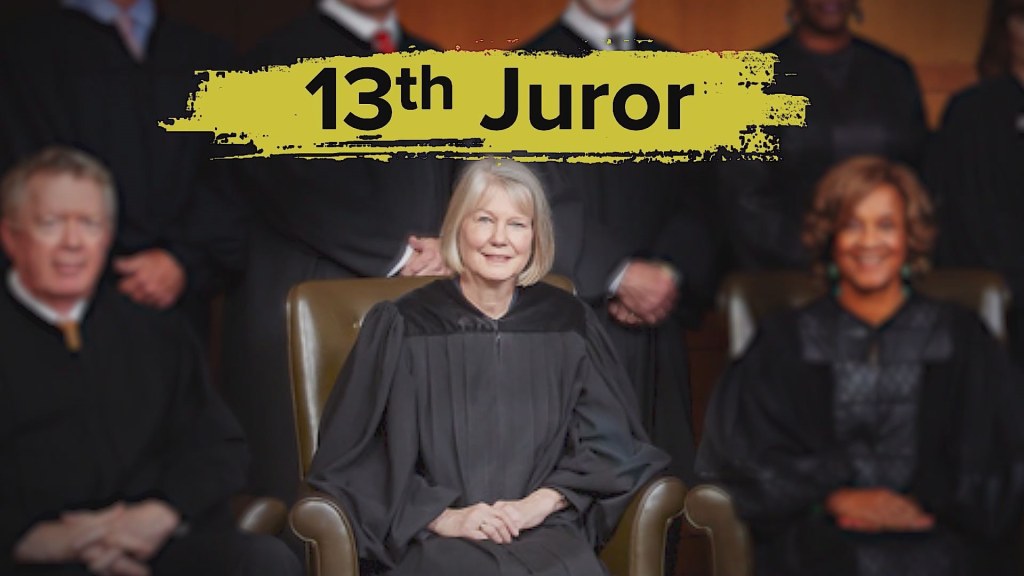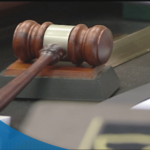Discover The Power Of Judicial Authority: Can A Judge Overrule A Jury In A Criminal Case?
Can a Judge Overrule a Jury in a Criminal Case?
Introduction
Hello, True Crime enthusiasts! Today, we delve into an intriguing question that often arises in criminal trials: Can a judge overrule a jury in a criminal case? This topic raises important considerations regarding the balance of power between judges and juries, as well as the impact it can have on the outcome of a trial. In this article, we will explore the various aspects of this question, providing you with a comprehensive understanding of the subject.
In order to fully grasp the concept, it is essential to first understand the roles of both judges and juries in the criminal justice system. Judges are legal professionals appointed or elected to preside over court proceedings and ensure that the legal process is followed. Juries, on the other hand, are composed of a group of ordinary citizens who are selected to evaluate the evidence presented in a case and determine the guilt or innocence of the accused.
3 Picture Gallery: Discover The Power Of Judicial Authority: Can A Judge Overrule A Jury In A Criminal Case?



Now, let’s delve into the details of whether a judge can overrule a jury in a criminal case.
What Does It Mean for a Judge to Overrule a Jury?
Definition of Overruling: To overrule a jury in a criminal case means that the judge disagrees with the jury’s decision or verdict and makes a different ruling, which may include reversing the verdict, ordering a new trial, or disregarding the jury’s decision entirely. This power is typically granted to judges to ensure that the legal process is fair and just.

Image Source: ytimg.com
Now, let’s explore the factors that can lead a judge to overrule a jury in a criminal case.
Factors That Allow a Judge to Overrule a Jury
1. Legal Errors: One of the primary reasons a judge may overrule a jury is if legal errors occurred during the trial. These errors can include improper admission of evidence, incorrect jury instructions, or misconduct by the prosecution or defense. In such cases, the judge may decide that the errors were significant enough to warrant overturning the jury’s decision.
2. Insufficient Evidence: If the judge believes that the evidence presented during the trial was insufficient to support the jury’s verdict, they may choose to overrule the jury. This can occur when the judge determines that there was a lack of credible evidence or that the evidence presented was contradictory or unconvincing.
3. Misapplication of the Law: In some instances, the judge may find that the jury misapplied the law in reaching their decision. This can happen if the jury misinterpreted the instructions given by the judge or if they applied the law incorrectly to the facts of the case. In such situations, the judge may decide to overrule the jury and apply the correct interpretation of the law.

Image Source: theconversation.com
4. Jury Bias or Prejudice: If the judge discovers that the jury was biased or prejudiced in their decision-making process, they may intervene and overrule the jury. Bias can stem from various factors, such as racial prejudice, media influence, or personal beliefs that may have influenced the jury’s impartiality. In these cases, the judge may deem it necessary to step in and ensure a fair trial.
5. Inconsistent Verdict: If the judge finds that the jury’s verdict is inconsistent with the evidence presented or the law, they may choose to overrule the jury. This can occur when the jury reaches a decision that is contradictory, illogical, or unsupported by the facts of the case.
6. Juror Misconduct: In rare instances, juror misconduct can occur, jeopardizing the integrity of the trial. Jurors may engage in activities such as conducting independent research, discussing the case with individuals outside the jury, or allowing personal biases to influence their decision-making. When such misconduct is discovered, the judge may overrule the jury and declare a mistrial.
7. Abuse of Discretion: Lastly, a judge may overrule a jury if they find that the jury’s decision constitutes an abuse of discretion. This can occur when the jury’s verdict is deemed to be wholly unreasonable or when there is a clear error in their decision-making process that cannot be justified.

Image Source: 11alive.com
Now that we have explored the factors that may lead a judge to overrule a jury, let’s discuss the implications and potential advantages and disadvantages of this power.
Advantages and Disadvantages of a Judge Overruling a Jury
Advantages:
1. Ensuring Legal Accuracy: By allowing judges to overrule juries, the legal system can prevent wrongful convictions or erroneous verdicts resulting from legal errors or misapplication of the law. This helps uphold the principles of justice and protects the rights of the accused.
2. Correcting Bias or Prejudice: Judges have the authority to intervene if there is evidence of bias or prejudice on the part of the jury. Overruling a biased jury decision can help ensure a fair trial and prevent any discriminatory outcomes.
3. Promoting Consistency: Overruling a jury’s inconsistent verdict can help maintain consistency within the legal system and prevent contradictory decisions from setting a precedent.
Disadvantages:
1. Undermining Jury’s Role: Overruling a jury can be seen as undermining the intended purpose of having a jury trial, which is to empower ordinary citizens to participate in the legal process and make decisions based on their collective judgment.
2. Decreased Public Confidence: When a judge overrules a jury, it may lead to a loss of public confidence in the legal system. People may question the fairness and impartiality of the system if the judge’s decision contradicts the unanimous decision reached by the jury.
3. Potential for Judicial Bias: Judges, like any human beings, are susceptible to bias. Overruling a jury allows judges to impose their own views and interpretations on a case, potentially leading to unjust outcomes or favoritism.
Now that we have examined the advantages and disadvantages, let’s address some frequently asked questions to further clarify the topic.
Frequently Asked Questions
1. Can a judge overrule a unanimous jury decision?
Yes, a judge can overrule a unanimous jury decision if they determine that the decision was legally incorrect or based on bias or prejudice.
2. Can a judge overrule a jury’s guilty verdict?
Yes, a judge can overrule a jury’s guilty verdict if they find that there were legal errors, insufficient evidence, or misconduct during the trial.
3. Can a judge overrule a not guilty verdict from a jury?
Yes, a judge can overrule a not guilty verdict from a jury if they believe there were legal errors, insufficient evidence, or misconduct during the trial.
4. Can a judge overrule a jury in a civil case?
No, the power to overrule a jury is typically limited to criminal cases. In civil cases, judges have the authority to set aside a jury’s verdict, but they cannot directly overrule it.
5. Can a judge overrule a jury during deliberations?
No, once the jury has begun deliberating, the judge’s role is limited to answering any legal questions the jury may have. The judge cannot overrule the jury until they have reached a final verdict.
Now, let’s conclude our discussion on whether a judge can overrule a jury in a criminal case.
Conclusion
In conclusion, the power of a judge to overrule a jury in a criminal case serves as a crucial safeguard in the legal system. While the jury plays a vital role in determining guilt or innocence, judges are ultimately responsible for ensuring that the legal process is fair and just. By possessing the authority to overrule a jury, judges can correct legal errors, prevent bias or prejudice from influencing verdicts, and maintain consistency within the legal system.
However, this power also comes with potential drawbacks, such as undermining the role of the jury and potentially introducing judicial bias. Striking the right balance between the judge’s authority and the jury’s decision-making is essential to uphold the principles of justice.
As always, it is important to remember that the legal system can differ between jurisdictions, and the power of a judge to overrule a jury may vary. It is crucial to consult local laws and regulations for accurate and specific information regarding this topic.
Thank you for joining us in this exploration of whether a judge can overrule a jury in a criminal case. We hope this article has provided you with valuable insights into the intricate dynamics of the legal system.
Please note that the information provided in this article is for informational purposes only and should not be construed as legal advice. For specific legal inquiries or advice, please consult with a qualified attorney.
This post topic: Criminal

